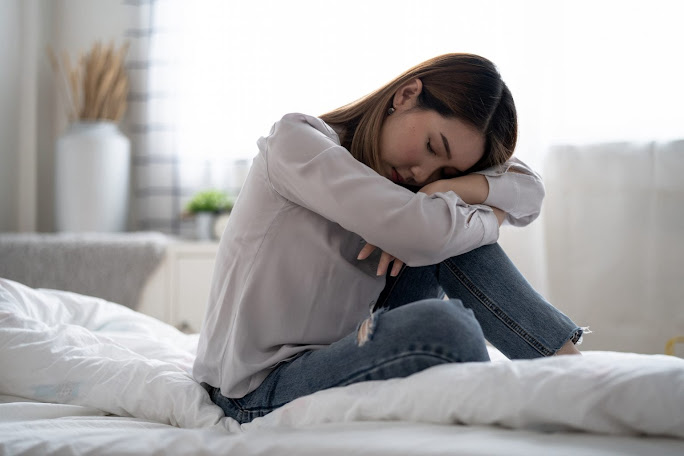Insomnia Treatment - Choosing the Right Approach
Insomnia is defined as difficulty in falling asleep, maintaining sleep, and waking up at the wrong time. This definition does not include people who can fall asleep and wake up several times during the night without having had any sleep. The disorder has been identified in more than 70% of the population at some point in their lives. It is one of the most common conditions in the United States. More people suffer from insomnia than from any other single mental or physical illness.
There are several insomnia treatment options available for patients who experience difficulty sleeping. The first insomnia treatment recommended by doctors is taking sleeping pills. But if the patient is suffering from acute insomnia, the doctor may suggest other insomnia treatment options such as natural remedies, alternative treatments, alternative therapies, or acupuncture. Acupuncture is a Chinese method of curing various ailments including insomnia. In a few cases, patients have had success with hypnosis as an insomnia treatment.
Acute insomnia treatment includes a few different methods. Most commonly, in cases where the cause of the insomnia is stress, doctors will recommend a prescription anti-depressant to help the patient relax so they can sleep. Doctors may also prescribe medication for an overnight sleep onset insomnia, such as zolpidem, perindopril, or clomipramine.
Behavioral therapy, also known as psychotherapy, is another insomnia treatment option. This insomnia treatment involves various techniques such as relaxation training, meditation, and cognitive restructuring. A newer form of behavioral therapy called Transforming Fear, has become very effective in treating the phobic condition and preventing panic attacks.
Doctors may also recommend medications for short-term unani medicine for insomnia, such as sleeping medications. These medications are available in several forms such as over-the-counter pills, prescription strengths, and extended release medications. These medications are designed to provide a temporary relief from symptoms. Many people who suffer from insomnia choose to use prescription sleeping medications to avoid potentially harmful side effects associated with long-term use of benzodiazepines and other tranquilizing medications. However, these medications carry serious side effects such as drowsiness, blurry vision, slurred speech, and increased anxiety and memory loss.
There are steps you can take to reduce your chances of falling asleep during the night. Sleeping on your side or stomach away from your back and head is one way to make it easier to fall asleep. Using soothing colors and soothing sounds in the bedroom, such as gentle music or white noise, is another practice that can help you get to a better sleeping position. Creating a positive mental imagery and repeating affirmations are also helpful ways to fall asleep faster. Keeping a daily sleep schedule helps you stick to it and stay on track with your insomnia treatment program.
The last insomnia remedy we will discuss is known as stimulus control. Stimulation control involves relaxing yourself before going to bed. It is done with cbt-i, which is part of the CBT-i series of cognitive behavioral therapy treatments. This type of insomnia treatment makes use of the idea that our bodies enter into a state of beta wave activity when we are faced with an overwhelming amount of negative stimuli. Our brains stay in this beta wave state for a brief period of time, which disrupts the ability for us to relax and go to sleep.
This insomnia treatment is often recommended by those who are experiencing symptoms such as daytime sleepiness, restless sleep, waking up early in the morning, and poor judgment. CBT-i is often combined with another form of therapy such as psychotherapy to treat the underlying causes of the sleeplessness. However, those who have a milder form of insomnia may be treated successfully with sleep restriction alone. Sleep restriction, also called sleep surgery, is not an insomnia treatment. Although it does not cure insomnia, it can help those who suffer from it go to sleep faster and wake up more tired at night. There are different techniques used in sleep restriction, but ultimately it involves a mental approach to solving the problem.





Comments
Post a Comment